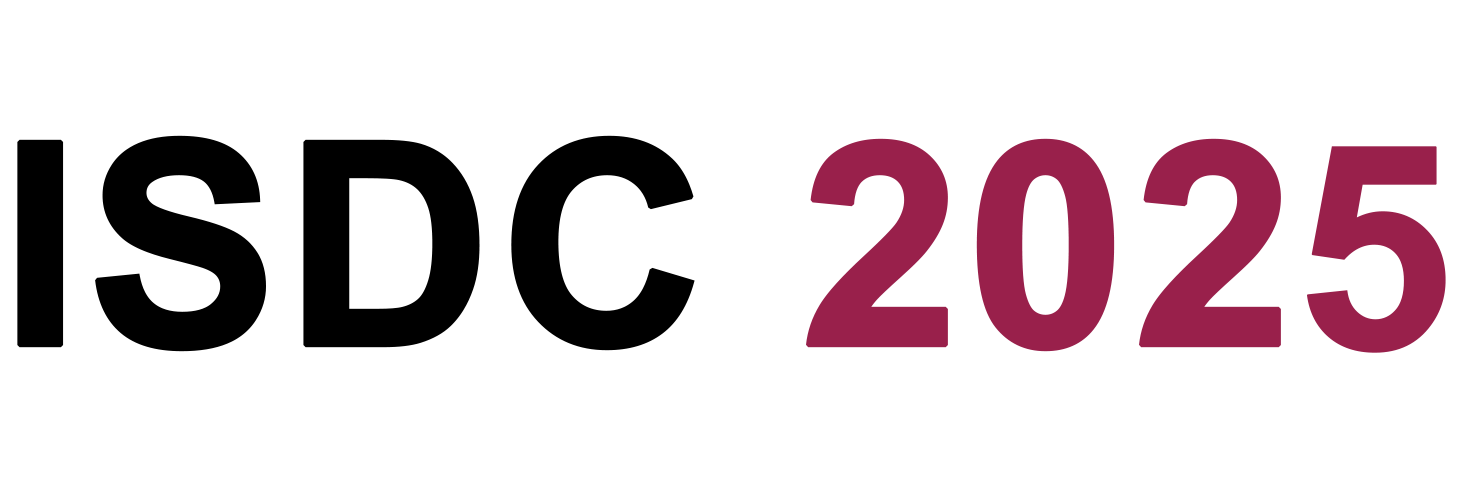
Plenary: Student Plenary (Morning, 30th of July) on Wednesday, July 30, 2025, 5:45 AM
Room: Virtual Room Main
Thread: Learning and Teaching
Duration: 40 minutes
Chairs: Lucas Meneguim, Chen Tang
Support: Sagda Osman
Unlocking Sustainable Food Security: System Dynamics Modelling of Nigeria’s Food System for Biodiversity, Resilience and Grow
Presenter: Chinweoke Ike
This research investigated the dynamic network of feedback loops within Nigeria's food system, identifying four root cause variables and five key outcome variables that shape the food system and food security in Nigeria. The study highlights the important roles played by agrochemical and tractor use, seed outsourcing, monocropping, and mixed cropping in influencing the broader food system. It underscores the importance of mixed cropping as a potent strategy in promoting biodiversity, employment, soil health, and long-term sustainability. Furthermore, the paper advocates for a system thinking approach to food security policies that prioritize these key variables and their interconnections. By applying systems thinking, this research aims to provide viable insights for policymakers and stakeholders to develop more informed and effective strategies for sustainable food security, while also highlighting the need to reconsider monocropping practices in favour of Agrobiodiversity and overall system health. This holistic analysis of food system dynamics offers a robust framework for managing the complex challenges facing food security in Nigeria and beyond.
Towards an Internally Consistent Representation of All Planetary Boundaries - Using the World-Earth Model FRIDA
Presenters: Axel Eriksson, Jannes Breier, David Collste, Dieter Gerten, Lars J. Nilsson, Billy Schoenberg
The planetary boundaries (PBs) framework defines a "safe operating space" based on nine key Earth system processes. Out of these, four are terrestrial, and their primary driver of transgression is agriculture. To better understand how agricultural activities might further influence the terrestrial PBs, it is essential to model their drivers and interactions over time. A helpful tool for studying complex dynamic relationships like these are World-Earth models, in particular FRIDA, because it aims to provide an internally consistent representation of many societal and Earth system processes. We develop a PBs module within FRIDA, representing the climate change PB and the four terrestrial PBs: biosphere integrity, land system change, freshwater use and biogeochemical flows. In total, seven different PB control variables are implemented across the five PBs studied, using both directly related variables in FRIDA and proxies related to the calculations using assumed relationships based on literature. By running the FRIDA model in a scenario governed by endogenous model behaviour (i.e. with nearly no external forcing of the model), the PB quantifications are validated against values documented in the literature. Since FRIDA is still under active development, this should be seen as a first effort to integrate PB status quantification and analysis into such a model. The results show overarching agreement with independent, earlier estimates of PB control variable time series on whether the control variables are in the safe operating space, the zone of increasing risk or the high-risk zone at a given point of time. However, some notable differences still occur, which may be attributed to the proxies developed to account for some relevant processes not currently represented in FRIDA. Overall, we demonstrate the general suitability of the FRIDA model for simulating PB trajectories and its potential to represent and analyse their drivers and interactions. Based on these results, we aim to represent all nine PBs in the PBs module of FRIDA, which could build an intuition for the more complex dynamics of the actual Earth system. The PBs module will be expanded to represent the four PBs currently missing therein: ocean acidification, atmospheric aerosol loading, stratospheric ozone depletion and novel entities. In addition, the existing representations of PBs will be refined, as relevant.